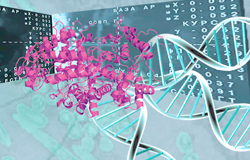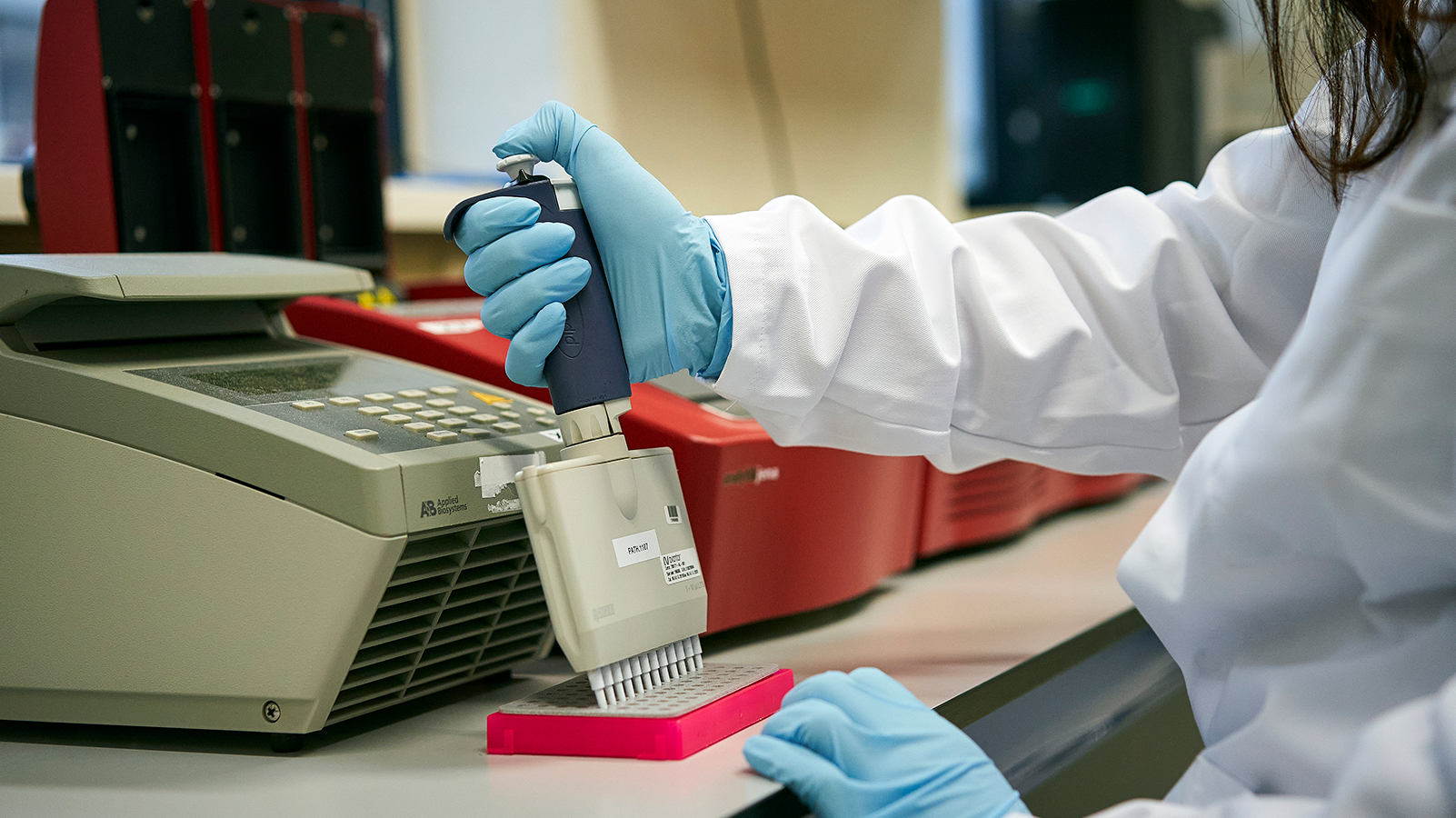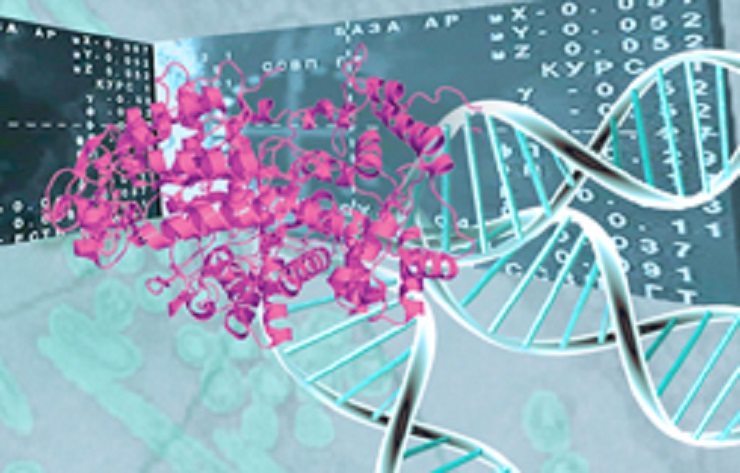About our Department
Our research
The research we perform is aimed at establishing individualized treatments of patients with solid tumors that are highly effective and show least side effects.
This is the over-arching vision we have defined.To this end, our research activities are organized into 5 divisions:
‘The treatment of an individual with cancer is determined by specific characteristics of that individual patient, the cancer cells, and their micro-environment, and needs to be constantly adjusted according to the changes observed in these characteristics’
Translational Cancer Genomics and Proteomics
To establish prognostic and predictive markers according to molecular traits of tumor cells.
Translational Pharmacology
To study the pharmacology of drugs involved in anti-cancer treatment to individualize the dose of individual patients.
Translational Onco-Immunology
To understand how the tumor micro-environment contributes to immune evasion and explore strategies to enchance the responses of tumor-specific T lymphocytes.
Early Phase Clinical trials
To explore the clinical value of treatments suggested by preclinical findings.
Palliative and Supportive Care
To determine and optimize factors that affect patients' quality of life.
More information can be read under Research lines below.
| Importantly, clinical and preclinical studies show complementary activities. Our preclinical studies allow adequate interpretation of current therapies, and development and testing of new treatments. The activity and safety of new or combined treatments are tested in a vast number of clinical trials, results of which feed again into our preclinical studies to warrant continuous optimization of treatments. To increase the quality of life of patients, we implement and further improve palliative and supportive care. Finally, our nursing research aims to help patients and their loved ones to cope with the effect of cancer (treatment), to reduce the symptom burden and to improve quality of life. |
Principal Investigators
Our division coordinators are:
- Department Chair: Henk Verheul
- Translational Cancer Genomics and Proteomics: John Martens
- Translational Pharmacology: Ron Mathijssen
- Translational Onco-Immunology: Reno Debets
- Clinical Trials: Ferry Eskens
- Palliative and Supportive Care: Karin van der Rijt
Research Lines
Our principal investigators, running research laboratories or groups within the above divisions, are:
Translational Cancer Genomics and Proteomics
Breast Cancer Genomics and Proteomics - John Martens
Hereditary Cancer and Cancer Epidemiology - Maartje Hooning
Translational Pharmacology
Personalized Medicine - Ron Mathijssen
Translational Onco-Immunology
Tumor Immunology - Reno Debets
Clinical Trials
Early Clinical Trials - Ferry Eskens (chair)
Urogenital oncology research - Nick Beije and Debbie Robbrecht
Palliative and Supportive Care
Palliative and Supportive Care - Karin van der Rijt
More detailed information about our research lines can be found below.
Projects





